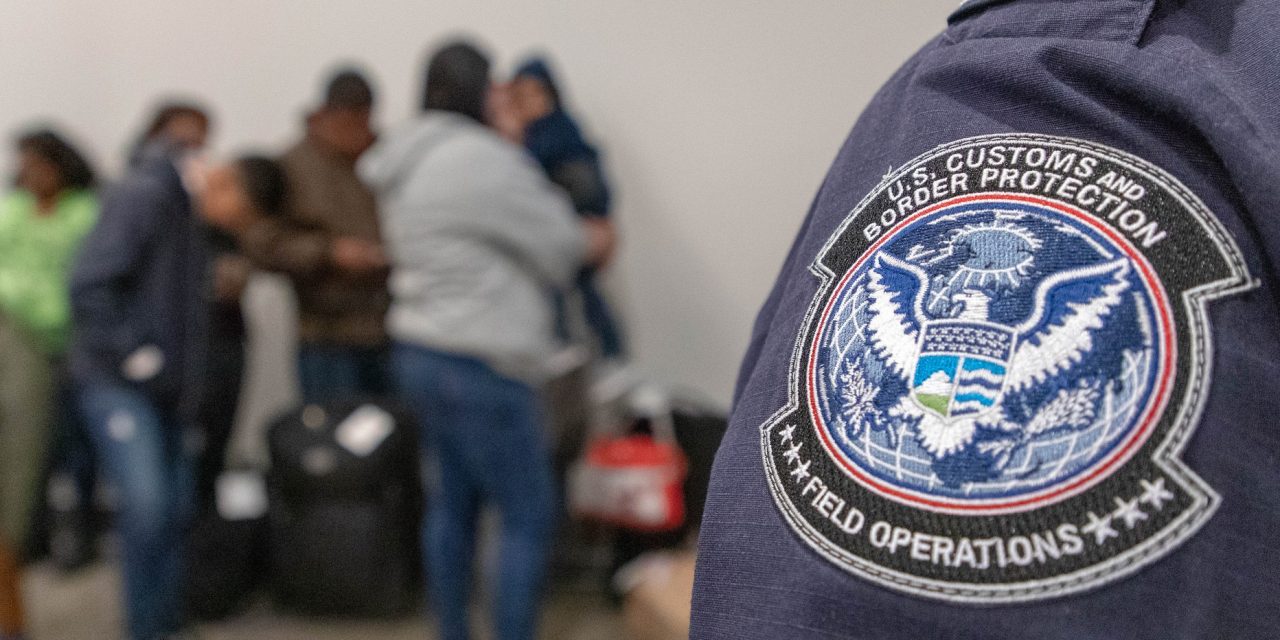Lack of transparency has long dogged the enforcement branches of the U.S. Department of Homeland Security (DHS). U.S. Customs and Border Protection (CBP), in particular, has been the subject of numerous requests under the Freedom of Information Act (FOIA) during the Trump administration and previous administrations. Records produced in response to FOIA requests demonstrate that CBP officers regularly use excessive force and commit other abuses against noncitizens.
One FOIA request and an accompanying lawsuit filed by the ACLU’s Border Litigation Project resulted in disturbing information about extensive allegations of sexual, physical, and verbal abuse of children in CBP custody. In late December, immigrant rights groups and media organizations filed amicus briefs in the case, which is currently before the Ninth Circuit Court of Appeals.
The ACLU highlighted examples of abuse obtained from the government records where CBP officials:
- Punched a child’s head three times.
- Kicked a child in the ribs.
- Used a stun gun on a boy, causing him to fall to the ground, shaking, with his eyes rolling back in his head.
- Ran over a 17-year-old with a patrol vehicle and then punched him several times.
- Verbally abused detained children, calling them dogs and “other ugly things.”
The names of officials alleged to have abused children, however, were redacted from the released government records.
In withholding the names, the government agencies relied on FOIA exemptions focused on protecting the personal privacy of the individual officers and argued the DHS officers should remain anonymous.
The ACLU challenged the government’s redactions and prevailed before the district court. The court conducted a test that balanced the CBP officials’ privacy interest against the public interest in disclosure of the officers’ name and determined that the balance tipped in favor of the public interest.
Without the names, the court stated, it would be “impossible to synthesize the numerous allegations of abuse to find patterns of behavior by certain individuals and determine, among other things, whether the agencies turned a blind eye to those patterns of behavior.”
The government appealed the district court’s decision and the case is now before the Ninth Circuit. On appeal, the ALCU has emphasized the importance of the officers’ names as “the only common identifiers that would permit the American public to answer two crucial questions: (1) the nature, frequency, and extent of serious claims of DHS child abuse, including whether particular DHS officials allegedly mistreated children on multiple occasions, and (2) whether DHS exercises any meaningful oversight of officials alleged to have committed grave misconduct.”
As immigrant rights organizations pointed out in an amicus brief in support of the ACLU, abuses perpetrated by CBP officials against children are widespread and have included the withholding of food and water, physical abuse, and the deaths of both adults and children. Children are vulnerable and face significant challenges in reporting abuses. Even when a complaint is made, a confusing and labyrinthine complaint system prevents transparency regarding investigations into allegations of abuse.
The public has learned through reporting and other FOIA requests that investigations generally are not conducted or are incomplete and, in most cases, no action is taken against individual officials by agency oversight offices. CBP’s pattern of misconduct and its inadequate oversight system makes the release of names of CBP officials even more urgent.
As the ACLU continues to fight this transparency battle, it is critical that all groups concerned about CBP abuse continue to demand transparency and compliance with FOIA. As the district court recognized and the Ninth Circuit Court of Appeals should as well, the public deserves a full picture of abuse perpetrated against children so that it can demand accountability where agency oversight agencies thus far have failed to.
Photo by U.S. Customs and Border Protection
FILED UNDER: Customs and Border Protection, Donald Trump, featured


